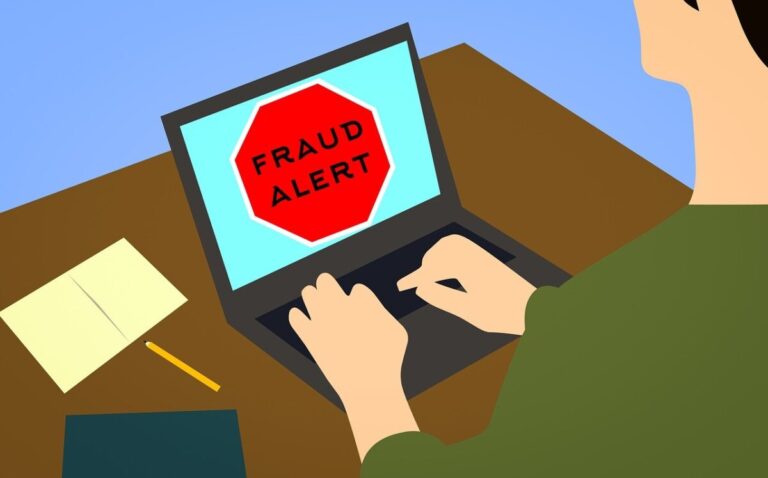Almost 6 in 10 charities expect fraud to rise in 2023

Almost six in ten charities believe the risk of fraud will increase in 2023 with misappropriation of funds by staff now posing the biggest threat, according to a new survey from accountancy and business advisory firm BDO and anti-fraud charity Fraud Advisory Panel.
The survey of 100 individuals from UK charities, which launched during Charity Fraud Awareness Week in October, found that while 58% of respondents believed that fraud risk would heighten over the next 12 months, only 1% thought the risk would decrease.
Charities identified the economic downturn and the cost-of-living crisis as potential catalysts while 40% of respondents felt that hybrid working had increased the risk of fraud to their organisation.
Advertisement
Fraud in 2022
In total, over one third of charities (36%) said they had experienced fraud in the last year. Misappropriation of cash or assets by staff members or volunteers was the most common fraud experienced by 43% of this group, more than double the level in last year’s survey. This was closely followed by staff expenses fraud (26%).
These results are supported by survey respondents reporting that 46% of detected frauds were perpetrated by a staff member and 9% by volunteers. Meanwhile, only 23% of detected frauds were committed by an external third party with no connection to the charity. This is a reversal on last year when external threats were greater than those from within.
Rise in supplier / procurement fraud
One other significant change this year was the five-fold increase in supplier/procurement fraud which increased from 5% in 2021 to 26% in 2022. This type of fraud often involves collusion between an insider and an external party.
Financial loss
Of the charities that suffered from fraud, more than two thirds reported that this resulted in a financial loss. Of these, the majority (88%) said they had experienced losses of under £100,000. Almost a third (31%) said that they had suffered from reputational damage as a result of the fraud. This poses a significant risk for charities as a loss of confidence among donors has the potential to impact income streams.
While the latest survey provides some insight into the fraud risks facing charities, the organisations say that it is difficult to draw definitive conclusions from the results. A reduction in certain fraud types could be the result of charities being better at deterring or preventing them, while a rise might also mean that charities are better at detecting certain types of fraud, while other fraud activities go undetected.
Tracey Kenworthy, Fraud Director, BDO said:
“While there is an acknowledgement among charities that we’re likely to see higher incidences of fraud next year, there is still a worrying level of complacency when it comes to preparing for and mitigating against the risks of fraud. Indeed, only a third of respondents to our survey have a formal fraud response plan in place. This is certainly an area that should be higher up the list of priorities for many charities.
“What’s also concerning in our findings is the growing threat from a charity’s own staff and volunteers. Culturally, this is difficult for charity finance leaders. No-one wants to think badly of their own hardworking staff or operate within an atmosphere of mistrust, but this shouldn’t mean that sensible checks and balances aren’t embedded into the system to ensure that risks are contained.”
Sir David Green, Chair, Fraud Advisory Panel added:
“As a small charity ourselves we want to support our fellow charities and help protect them from fraud. Long experience shows that in times of recession fraud risks are often greatest just when defences are weakest.
“Our advice to charities is simple: now is not the time to take your eye off the ball. Take fraud risks as seriously as you can. Use these survey findings to learn from others, and then strengthen your own counter fraud activities.”





